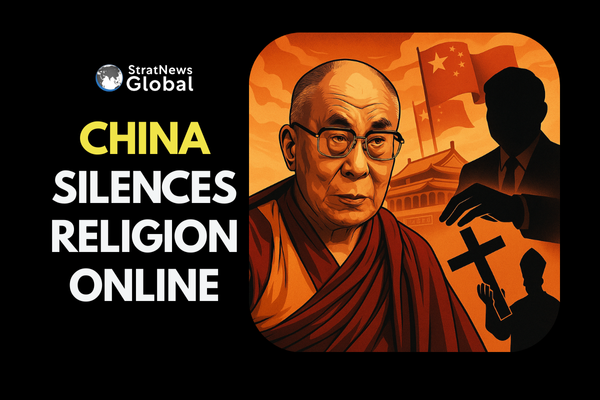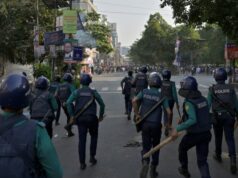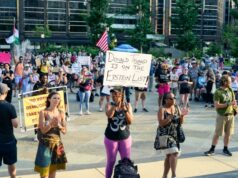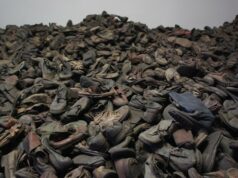Beijing has tightened its grip on religious life with sweeping new rules bringing priests, monks and imams firmly under Party oversight in the digital space.
Early on Tuesday, the National Religious Affairs Administration (NRAA) issued a sweeping notice reminding that every temple, church, mosque and cleric in China remains under the Party’s command. Though released on 7 September, state media only disclosed it on 16 September.
The NRAA, which works under the CCP’s United Front Work Department, said the regulation aims to control how religious figures use the internet, bringing sermons, teachings and even casual online activity under state scrutiny. Religious preaching or education can now only be conducted on licensed platforms run by officially recognised groups or institutions.
The rules explicitly prohibit clerics from engaging in online self-promotion, supporting overseas religious activities, spreading “extremist ideologies,” promoting “cults or heresies,” or profiting from religion.
“This law formalises the suppression of religious voices,” said Rinzin Namgyal, a young Tibetan scholar and Research Associate at the Foundation of Non-Violent Alternatives (FNVA) told StratNews Global. “Now even social media spaces are closed. While private practice may survive, public teaching is no longer an option. Nevertheless, it remains difficult to eradicate Buddhism from Tibetans entirely, they will find a way to keep it alive.”
Namgyal noted that popular monks were already punished for online teaching on WeChat before COVID. He pointed out that influential Buddhist clerics such as Khenpo Sodargye and Tsultrim Lodrö from Serta Larung Gar enjoy popularity across Tibet and mainland China, “which unsettles officials.”
He added: “Recently, NRAA director Chen Ruifeng was promoted to the National Ethnic Affairs Commission. Beijing ensures that no figure rises above the CCP’s authority.”
On the Dalai Lama succession, Rinzin issued a stark warning: “It remains an emotional, existential question for Tibetans, no matter what rules the Party makes.”
He further observed: “It is not, in fact, the United Front Work Department that is directly behind this. The NRAA itself has limited influence, but with this law, even social media spaces have been closed off.”
Apa Lhamo, Research Fellow at the Centre for China Analysis and Strategy (CCAS), echoed these concerns. “I think this latest regulation on the ‘Code of Conduct for Religious Clergy’s Online Behaviour’ demonstrates the Chinese party-state’s broad policy of sinicising religion, including Tibetan Buddhism. It also signals the CCP’s insecurity about the impact of religious teachings and the threat of religious leaders to the regime.”
She added: “This measure will have a great impact on Tibetan Buddhism in particular, because many Tibetans inside Tibet, despite intensive suppression, still listen to the Dalai Lama or their other root gurus in exile online. Articles such as 2, 7, 8 and 9 in the new ‘code of conduct’ appear to directly target the Dalai Lama and other Tibetan lamas, and their influence over Tibetans inside Tibet.”
The move follows Beijing’s April revision of rules on foreigners’ religious activities, effective 1 May, which standardised collective worship and exchanges but outlawed missionary work and “extremist activity.”
Together, the measures underscore one message: faith in China will remain firmly under the Party’s watchful eye.
Research Associate at StratNewsGlobal, A keen observer of #China and Foreign Affairs. Writer, Weibo Trends, Analyst.
Twitter: @resham_sng





